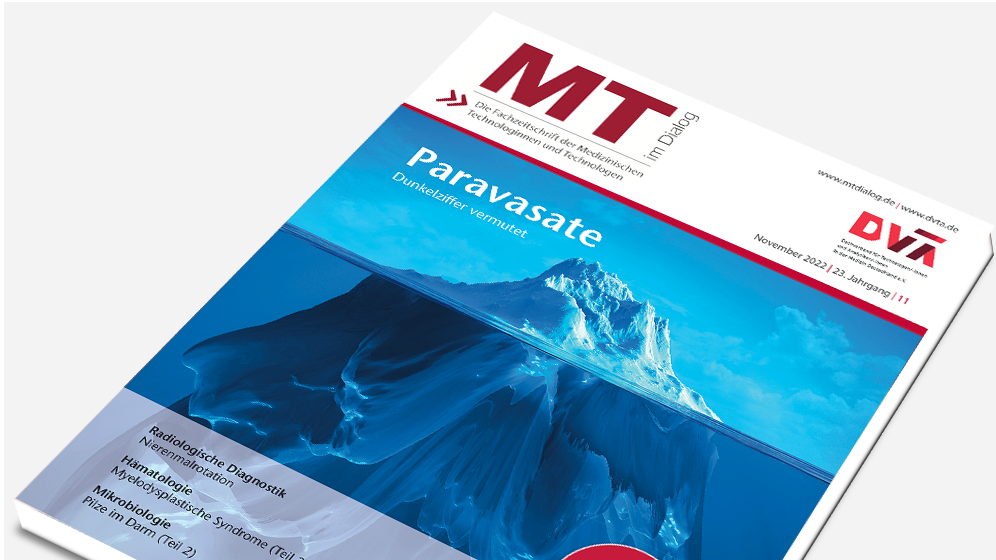Lung Cancer – what do we need to know?
The cancer cells can then become “invisible” and take on the characteristics of healthy cells, making them “immortal”, so to say. The changes in the genetic material usually occur spontaneously; it is not assumed that one has an inherited, general tendency towards cancer.
Several factors can play a role in the development of lung cancer. Particular emphasis should be placed on harmful substances that enter the lungs through contaminated air, such as tobacco smoke, asbestos, arsenic, chromium, nickel, cadmium, aromatic hydrocarbons and diesel exhaust fumes. These substances contribute to lung tissue cell damage until they finally turn into cancer cells. Genetic factors can also play a role in tobacco consumption. Gender is also an issue since there are differences in nicotine metabolism…
Dann nutzen Sie jetzt unser Probe-Abonnement mit 3 Ausgaben zum Kennenlernpreis von € 19,90.
Jetzt Abonnent werden

